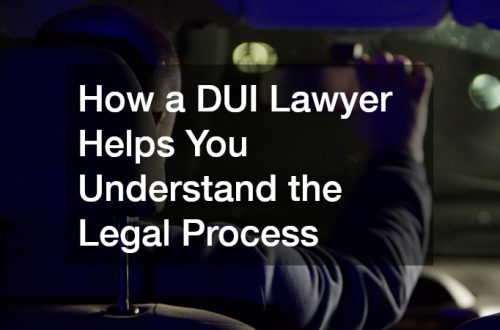
Proprietary rights, often referred to as intellectual property (IP), are crucial for protecting unique ideas and creations in our increasingly digital and globalized world. These rights are fundamental to establishing ownership over one’s work and preventing unauthorized use, giving creators the chance to reap the rewards of their creativity and hard work.
If you’re someone who owns a business, has come up with a unique idea, or is creating something valuable, understanding proprietary rights and the protection they offer can save you a lot of headaches down the road. But, what exactly falls under proprietary rights, and why does it matter? Let’s dive into the essentials and clarify when you might need a commercial lawyer, or what happens when you get tangled in commercial disputes.
Types of Intellectual Properties You Should Know
Proprietary rights encompass several different types of protections, each designed to cover various kinds of intellectual creations. Here are the main ones:
- Copyrights: This form of protection is for original works like books and other artistic creations. Copyright laws prevent others from copying or distributing these works without permission.
- Trademarks: Think of trademarks as branding tools; they’re signs, logos, or phrases associated with a business. They distinguish a company’s products or services from others in the marketplace. Well-known examples include the Nike “swoosh” logo or McDonald’s slogan.
- Patents: Patents offer protection for inventions. If you create a unique machine or composition, a patent gives you exclusive rights to it, often for 20 years. This stops others from making, using, or selling your invention without your consent.
- Trade Secrets: These include business information that gives a company a competitive edge, like Coca-Cola’s recipe or Google’s search algorithm. Trade secrets are protected as long as they remain confidential.
Why Proprietary Rights Matter
Proprietary rights serve as a way to protect your intellectual creations from misuse or theft, giving creators a better chance of profiting from their work. They also help maintain fair competition. Without proprietary rights, anyone could copy your work, launch it as their own, and profit off your ideas without facing any consequences.
Imagine you created a groundbreaking product and spent months or years developing it. If there were no proprietary rights in place, a competitor could replicate it and possibly even sell it at a lower price, leaving you out of the picture. These legal protections level the playing field, making sure that original creators have a fighting chance.
When Do You Need a Commercial Lawyer?
At some point in your proprietary rights journey, especially in a business setting, you might need the help of a commercial lawyer. Commercial lawyers specialize in handling legal matters related to business, contracts, and proprietary rights.
Whether it’s helping draft a patent application or dealing with a commercial dispute over a trademark, having an expert by your side is invaluable. For instance, if a competitor begins using a logo similar to yours, a commercial lawyer can assist in filing a cease-and-desist letter or pursue commercial litigation if the dispute escalates.
Handling Commercial Disputes and Commercial Litigation
Unfortunately, proprietary rights aren’t foolproof, and disputes do arise. Commercial disputes happen when another party challenges your rights, whether by using your intellectual property or questioning your claim to it. For example, a competitor might argue that your product design is too similar to theirs, sparking a battle over rightful ownership.
Commercial litigation follows if you and the other party can’t resolve the dispute. This can involve court proceedings and may be lengthy and costly. A skilled commercial lawyer can help navigate these complexities, advocating for your rights and working toward a resolution that minimizes damage.
Staying Ahead with a Sound Strategy in Intellectual Property
If you’re running a business or developing innovative products, proactively protecting your intellectual property should be part of your strategy. Start by consulting with a commercial lawyer to evaluate what protections best fit your business. For some, trademarks might be a priority, while others may focus on patents or trade secrets.
It’s also wise to routinely monitor for any potential infringement on your rights. With the internet, finding unauthorized uses of your IP is more straightforward, though it requires vigilance. Many companies, especially those with valuable proprietary rights, employ experts like Judge Ruben Castillo to handle these matters proactively.





